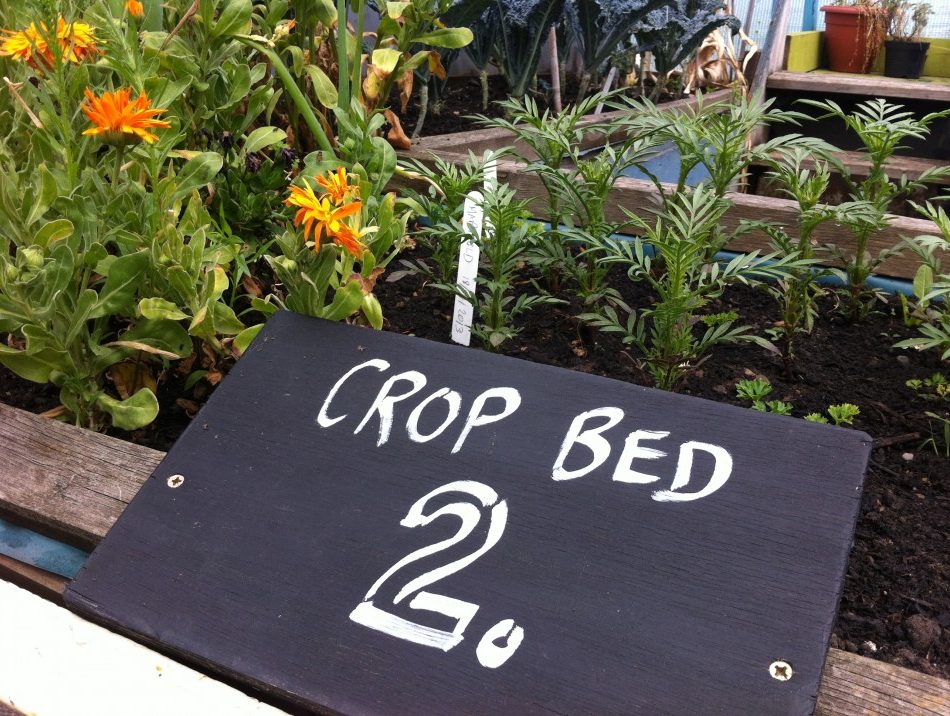Written by:
By Becca Thomas
A place for everyone: socially engaged design and spaces
“The true purpose of architecture is to help make human existence meaningful”
Keith Bradley, The Happiness Inbetween, essay in Building Happiness.
The creation of places for everyone, socially engaged spaces and the people to inhabit them is something that has had somewhat of a revival recently – a renewed interest and growth in different ways of thinking and creating urban areas has developed new ways of improving and building neighbourhoods which rely on less.
Building socially sustainable places relies on environments that make us smile, that engage and encourage the acts of gathering and conversation. Driven by crisis, the trends towards openness and ownership: community led, open source, and co-creation; have not escaped the architectural profession. New approaches are redefining our roles and forcing everyone to think creatively about the way we work.
One of the most visible problems in the urban realm has been the inexorable rise in vacant land, which has the opportunity to allow imagination and creativity to explode. Derelict spaces offer unique moments for participatory urbanism, helping to support and grow socially sustainable approaches to the urban renewal process.
Producing projects within “stalled” sites has led to interesting outcomes, including a pop-up cinema with Glasgow Film Festival on the banks of the River Clyde, the development of permanent and temporary artworks along London Road for underused public realms; researching “Wastelands” with students across Europe; and, the development and build of a community garden in Glasgow with Maryhill Integration Network (mIN).
The ‘Many Hands Community Garden’ was developed with a core group formed of mIN service users and other local communities. The vision was to create an aesthetically pleasing, ambitious and aspirational garden space designed through conversation with the end users, including those who use the neighbouring Maryhill Community Centre as a base. The strategic design was developed as a masterplan for the community garden to be grown over phases in line with funding access, ensuring continual community involvement in the process of design and production.
Through workshops and direct contact with the gardeners, Pidgin Perfect allowed the community to visualise their ideas for a new external gardening area and generated designs. Our approach used a design-thinking approach to gather aspirations, from the practical to the wishful – including the hope for more tropical weather to grow dates and pineapples! Whilst not all of the outcomes of these workshops could be incorporated into the final designs, they were vital in the development of the core needs: variety of growing space, storage, shelter, flexibility and performance space.
The space was designed to be flexible and adapt to changing needs, in this vein since “completion” the community has been experimenting with the space and developing new areas within the wider strategy, this includes murals, an outdoor “xylophone” for use by the crèche and musical therapy groups, and additional planting areas as the skills of the gardeners has grown.
The finished garden creates a high quality permanent, mobile and adaptable planting, seating and storage elements that have a clear and simple aesthetic drawn from, and clearly identifiable as Maryhill. Planting includes a wide variety of flora, including sensory elements: smell, taste, sight and touch. The garden introduces seasonal and year round planting elements, enabling an annual programme of workshops and skill sharing as well as an interesting and pleasant outdoor space all year round. The space helps to promote local urban ecology including birds, urban animals and a wide variety of insects and other creepy crawlies, as well as providing a pleasant and relaxing, learning space for gardeners of all ages and needs.
Becca Thomas is a Director at Pidgin Perfect an award winning multi disciplinary creative studio based in Glasgow, bringing together people, clients and place to help build better communities for everyone.
